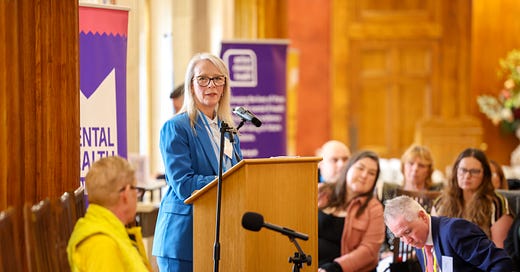Policy 360 Insights: How Framing Can Make or Break Your Policy Campaign
Crafting the Right Narrative to Turn Opposition into Allies and Push Your Policy Goals Forward
Hello there!
Welcome back! Today, I’m diving into one of my favourite topics: framing. It’s a bit like choosing the perfect filter for a photo—just a few tweaks and suddenly the focus shifts, colors pop, and the whole picture tells a different story. But what’s magical about framing is that, in the policy world, it has the power to influence how people see an issue, how they feel about it, and ultimately, how they act.
So, let’s explore how to shape narratives effectively, using framing as a tool to drive home your key points and build support for change.
What Exactly is Framing?
If you’ve ever noticed how different news outlets cover the same event, you’ve seen framing in action. It’s the deliberate emphasis on certain aspects of an issue while downplaying others to shape how people interpret it. Framing isn’t about changing the facts but about choosing the lens through which those facts are seen.
In the policy space, the same issue can be presented in radically different ways depending on how it’s framed. For example, take “tax reform.” Depending on your frame, it could be about “creating a fairer system for everyone” or “reducing the burden on hard-working families.” Both are talking about the same policy change, but the emphasis shifts the narrative entirely.
And it’s not just about making something sound nicer. It’s about creating meaning and building alignment around what’s at stake. Framing taps into people’s values and beliefs, so when done well, it has a much deeper impact than simply throwing out a good argument.
Crafting a Compelling Narrative
To frame effectively, you need to craft a narrative that’s simple, values-driven, and connected to your audience’s lived experiences. The challenge is to answer these core questions:
Keep reading with a 7-day free trial
Subscribe to Policy360 Substack to keep reading this post and get 7 days of free access to the full post archives.





